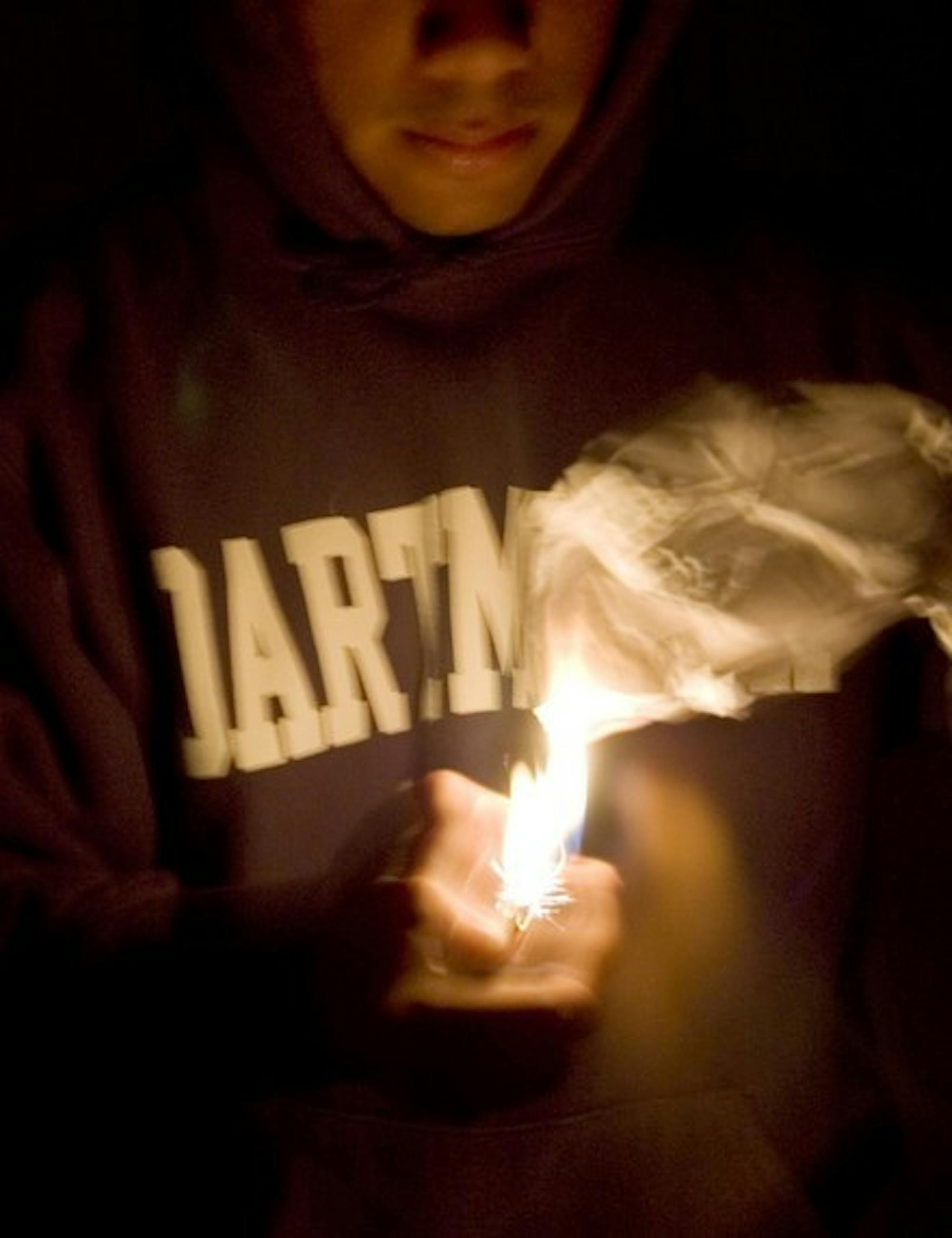The three arsons mentioned in the report for 2005 included one fire outside a building and two incidents within fraternity houses, though Safety and Security did not specify which houses were involved.
College Proctor Harry Kinne said that these statistics are not cause for alarm because different states define arson in different ways.
"It depends on state to state, how each one views a situation," he said. "Other states classify something as a 'reckless burning incident,'" a classification that is not reported as part of the Clery Act.
The Clery Act mandates that universities who receive federal funds publish an annual tabulation of certain crimes that occur on their campuses.
In New Hampshire, arson is an act in which "someone lights a fire to do bodily harm to someone or [to do] structural damage," Kinne said.
"If someone accidentally does something with no criminal intent, they may be responsible for the damage, but you have to have criminal intent" in order for an incident to be considered arson, Kinne said.
A person smoking a cigarette on a couch who accidentally drops the cigarette and starts a fire, for example, would not be considered an arsonist, he said.
"Accidents do happen," Kinne said.
Fires that occur on campus are investigated by the Hanover Police Department, the Hanover Fire Department and Safety and Security. Determining whether or not a fire can be considered arson is "circumstantial" and that decision is made on a case-by-case basis, according to Rebel Roberts, a crime prevention specialist with Safety and Security.
Safety and Security collaborates with the Hanover Police Department when classifying cases of arson, according to Kinne.
Given the severity of the crime, persons found to have committed arson face criminal charges in addition to college discipline.
"Under our internal procedures, it's against the code of conduct and there would be ramifications within the College," Kinne said. "Certainly any intentional act is a concern to us which we take very seriously."
Of the past seven instances of arson at the College, none have resulted in major property damage. Kinne also pointed out that Dartmouth has many precautions such as the sprinkler systems in most buildings, which are aimed at protecting students and property from fire damage.
While 2004 and 2005 included only relatively mild incidents of arson, there have been more severe and dangerous fires that were deemed arsons within the past decade.
In December 1999, members of Phi Delta Alpha fraternity used citronella oil to ignite curtains in Chi Gamma Epsilon fraternity, which contributed to Phi Delt's de-recognition the following year. In 2001, a door at Bones Gate fraternity was also deliberately set on fire using charcoal lighter fluid.




